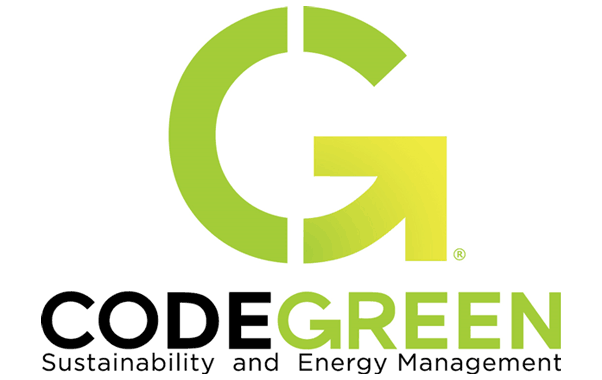Code Green Solutions


“In the last 30 years, mankind has produced more information than in the previous 5,000.”
This is a statistic from a 1997 Reuters Magazine article entitled, Information Overload Causes Stress. Here we are 16 years later, and it seems that this trend of information production and consumption has only escalated.
How can we possibly find, filter, process and make use of that volume of data?
As it turns out, we are not meant to do so. In How We Decide, author Jonah Lehrer puts it like this: “The human brain wasn’t designed to deal with such a surfeit of data. As a result, we are constantly exceeding the capacity of our prefrontal cortices, feeding them more facts and figures than they can handle. It’s like trying to run a new computer program on an old machine; the antique microchips try to keep up, but eventually they fizzle out.”
What are some of the impacts of information overload?
As one example, a Reuters survey of 1,300 managers around the world showed that roughly 66% felt it has reduced job satisfaction and damaged personal relationships while 50% thought it delayed and adversely affected important decisions.
In addition to the volume, there is the additional issue of data quality. How do we know which information and what sources to trust? While internet search engines are incredibly powerful, deciding which of the hundreds of thousands of search results to click on, digest and cite in our market research is a whole different matter.
Have you felt these frustrations? I have, too. I wanted a solution for me and for the thousands of knowledge professionals who often spend 25% of their time searching for information. (Yikes!)
So, a few years ago, I started building g-bit, the green business informatics tool. Just released a month ago, it is a platform for market research and trend discovery that covers environmental sustainability topics, from green building to clean energy to CSR. It’s kind of like LexisNexis + Evernote + a virtual market analyst all rolled up into one. Our early collaborators – Harvard University, the University of Cambridge, Make It Right, Cherokee, Enterprise and Mithun – have been great sounding boards as we moved from an idea to a product on which the market can rely.
g-bit aggregates the latest market data from 150+ trusted sources online, and then organizes it into a searchable database of statistics, white papers and quantitative tools. Think about Google but with a specific industry focus, a penchant for numbers, and only trends from vetted data sources. Our goal is to give professionals less to read, not more – to reduce the stress of information overload while supporting better decisions.
Our regular and concise market analysis – Executive Briefings and Monthly Trends Reports – helps our readers turn some of the most salient trends into action. Finally, we built a personalized system for saving and sharing your market research. With customized tags, users can store and annotate the data most relevant to their projects, programs and portfolios. With the click of a button, they can then access it whenever they want from wherever they are, all in one place.
We’re big fans of other tools out there to help built environment professionals select green products or assess optimal LEED strategies, such as LEEDUser. In contrast, we’re focused on helping executives and leaders stay on top of the latest trends in an array of fields, be seen as true industry experts, make better strategy and investment decisions, minimize organizational risks, and win more contracts.
We’re excited to be serving thought leaders in the government, academic and private sectors and are eager to help other knowledge professionals in architecture, design, engineering, business, finance, law, energy, and other fields spend less time researching and more time creating value and making an impact for their clients, investors and cities in which they work.
What other steps is your organization taking to limit the negative business impacts of information overload? Consider sharing your experiences and best practices with the broader green building community. There are too many square feet of buildings that need smarter retrofits and new designs to let each other get stuck running down another research rabbit hole.